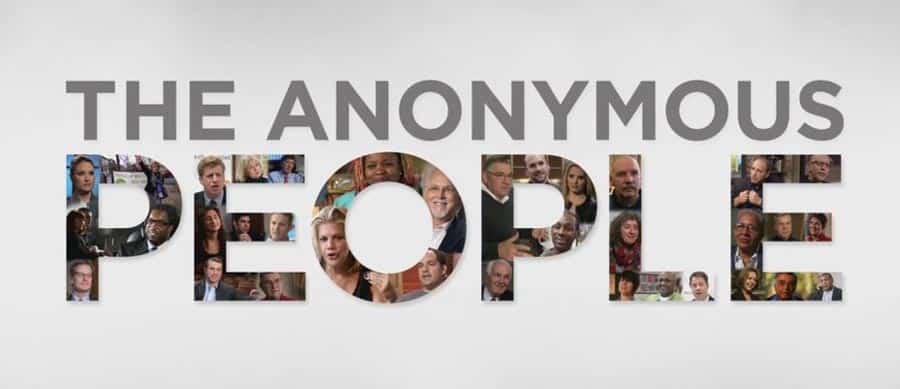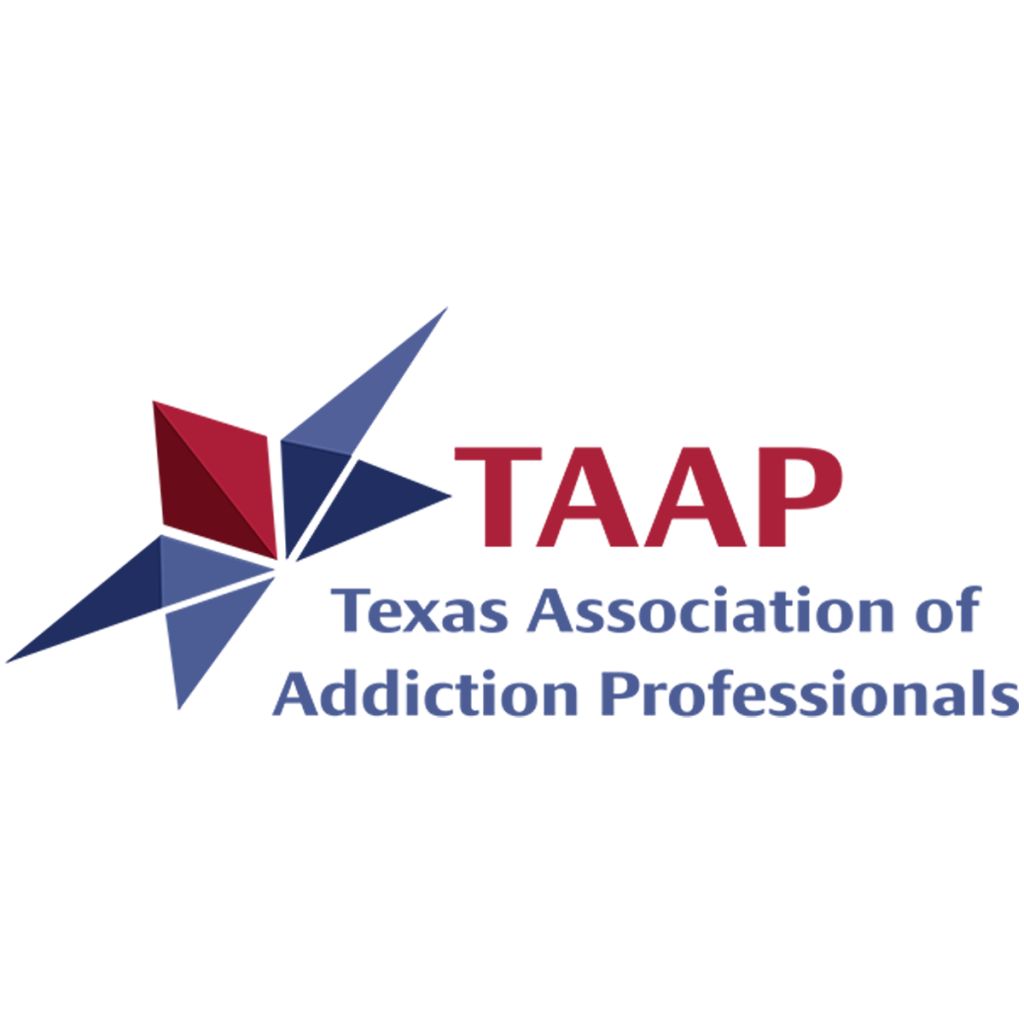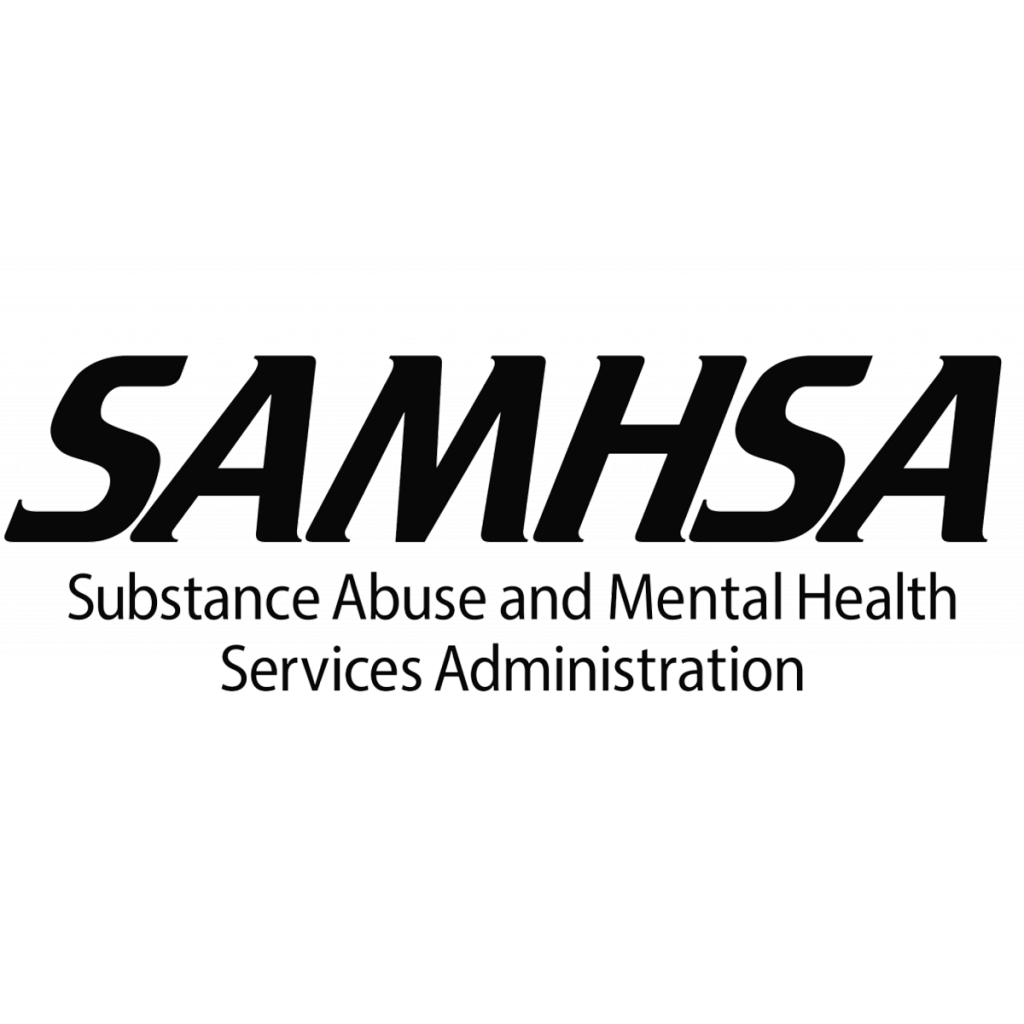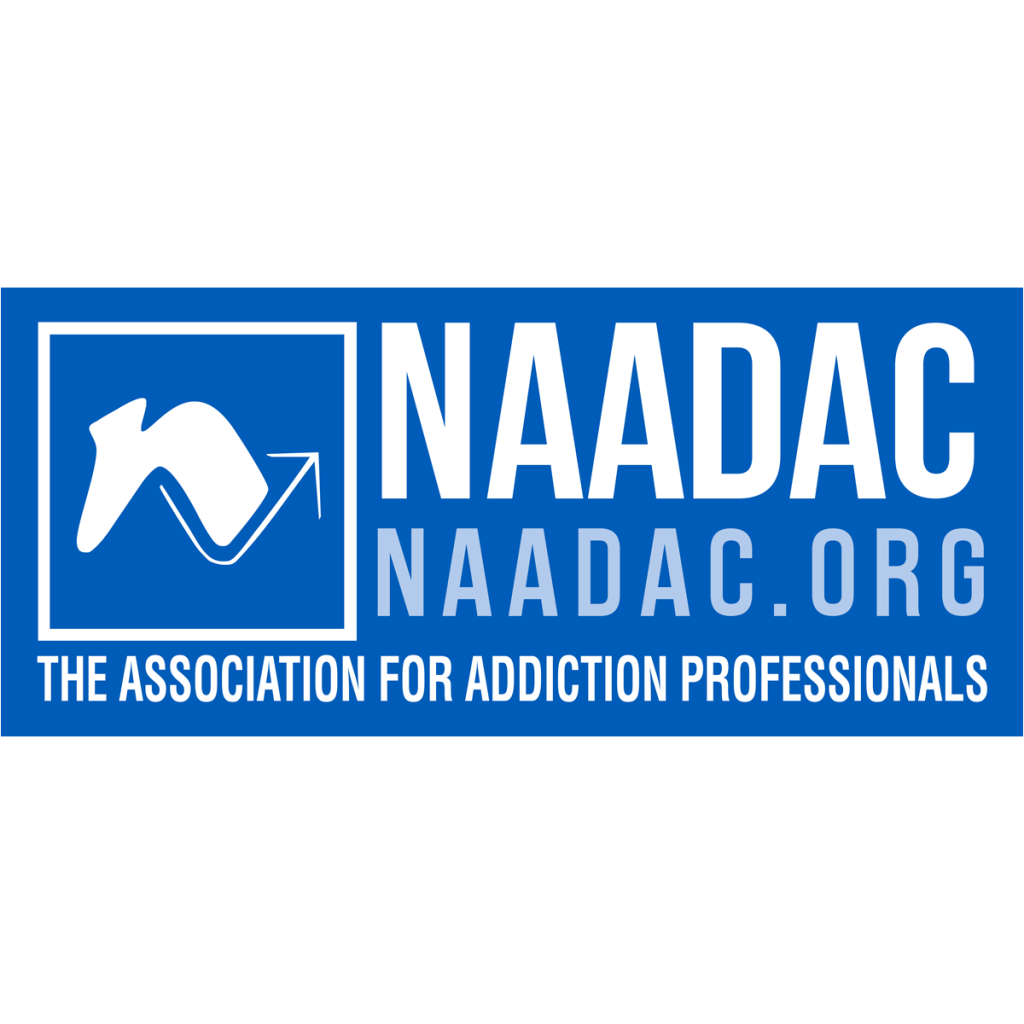Last Updated on September 27, 2021

One such movie is the 2014 film “The Anonymous People”, a documentary directed by Greg Williams starring well-known public figures Kristen Johnston and Chris Herren. It takes a deep look at the social stigma and discrimination that affect the 23.5 million Americans living in recovery, many of whom remain anonymous.
“The Anonymous People” also provides a great deal of insight on the pioneering work of Alcoholics Anonymous (AA) and the addiction recovery movement, highlighting many key figures that helped put addiction recovery in the public eye, including Bill Wilson, Marty Mann, and former Senator Harold Hughes.
The documentary is meant to encourage action and discussion, so here are three important key takeaways that anyone watching this movie should think about.
#1. The battle against addiction stigma isn’t over yet.
Before Alcoholics Anonymous was born, there wasn’t really anywhere an addicted person could go to receive understanding, kind, and compassionate help to overcome their addiction. Instead, they were often treated as outcasts and thrown aside because addiction was viewed as a choice, not a disease. Decades after alcoholism was scientifically classified as a disease, the leader of the American drug policy made this statement in 2012, which was highlighted in the documentary:
“We know from the research that’s conducted by some of the world’s leading neuroscientists that drug addiction — it’s not a moral failing on the part of the individual. It’s a chronic disease of the brain and it can be treated. This isn’t my opinion and it’s not a political statement. It’s not really open to debate because the evidence is clear, and it is unequivocal. It’s a fact borne out by decades of study and research and it is a fact that neither government nor the public can ignore.”
Although this statement makes it clear that addiction is a chronic disease of the brain and that people do not set out to become addicts, today, society still views drug abusers in a more negative way than others with chronic diseases, like cancer.
#2. Coming out of the shadows is important for personal recovery and to help others.
One of the hallmark principles of AA and the 12th tradition is anonymity, which is often misunderstood, misinterpreted, and misused by people in recovery and people on the outside. “The Anonymous People” argues that this tradition is not intended to keep people from sharing the fact that they’re in recovery. Rather, it’s to keep newcomers safe. When it comes down to it, without anonymity, many people would never even consider attending an AA meeting for the first time.
Although the documentary is called “The Anonymous People”, it also features many of the people who have come out of the shadows and courageously shared their personal experiences with addiction and recovery in an effort to help others who are struggling with the same thing. Many of these people did so, even with the risk of soiling their career or reputation, due to the negative image that society associates with addiction.
In our opinion, one of the best parts of the film was the people who chose NOT to remain anonymous. In fact, it highlights one of the most noteworthy events in the history of the recovery movement which was also something truly groundbreaking for its time: an event called Operation Understanding in 1976, which featured some iconic individuals (all of whom are or were in long-term recovery), including Dick Van Dyke, Garry Moore, Buzz Aldrin, and Don Newcombe, among many others.
Although shame is often what keeps people from talking about their personal recovery, this film seeks to break away from that mindset. This is best summarized by one of the very first statements spoken within the first few minutes of the movie:
“If you expose your secrets to the light, they will die. But if you keep them in the darkness, they will grow.”
#3. Community is the backbone of recovery.
“The Anonymous People” also highlights The Faces and Voices of Recovery, an organization that was founded in 2001. The Faces and Voices of Recovery mobilized and organized the recovery movement by connecting small recovery communities all across the country to promote widespread understanding of addiction and recovery and address public policy.
The documentary argues that as a result of all these people coming together, great strides were made in the recovery movement, and health insurance discrimination was greatly reduced for addicted people via the Mental Health Parity and Addiction Equity Act of 2008.1 This was largely due to people coming out of the shadows and joining together to defeat the stigma associated with addiction recovery. As is well-stated in the documentary, “community is the backbone to the recovery movement.”
Overall, “The Anonymous People” is a thought-provoking film if nothing else, and it serves as a reminder that we are stronger together in recovery and that meaningful connections with others make recovery possible.
At Eudaimonia Recovery Homes, our sober living homes for men and women provide safe and sober group living spaces where people in recovery can support one another, begin their new sober lives, and establish meaningful relationships with their peers in recovery. A sober living home is much more than just abstaining from drugs and alcohol and it often plays an essential role in sustained long-term recovery. Read more about the benefits of enrolling in a sober living program or call us today to get started!
References:





